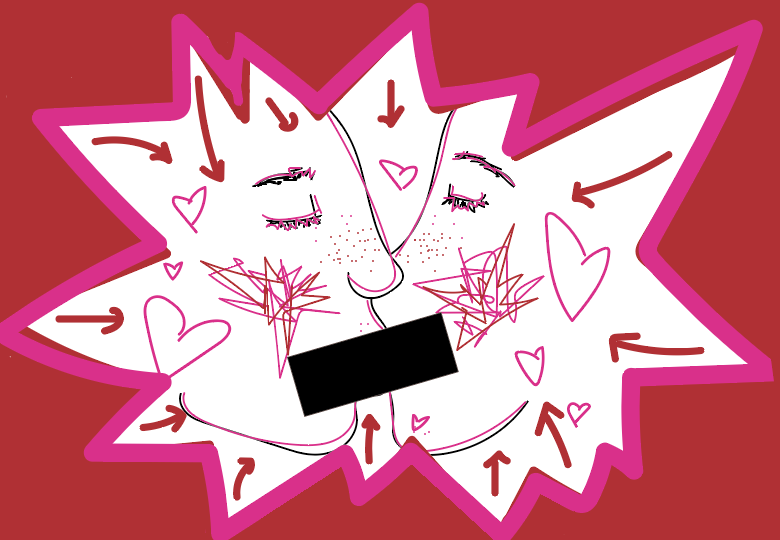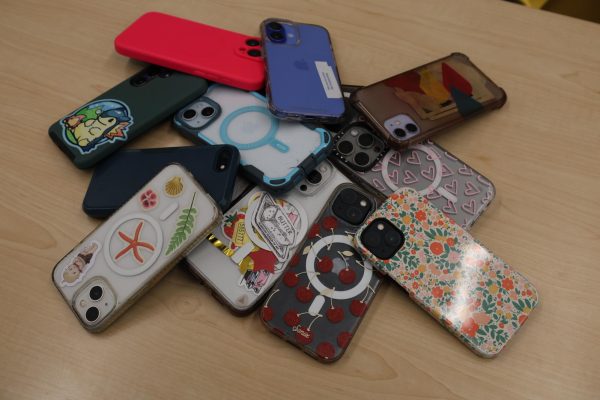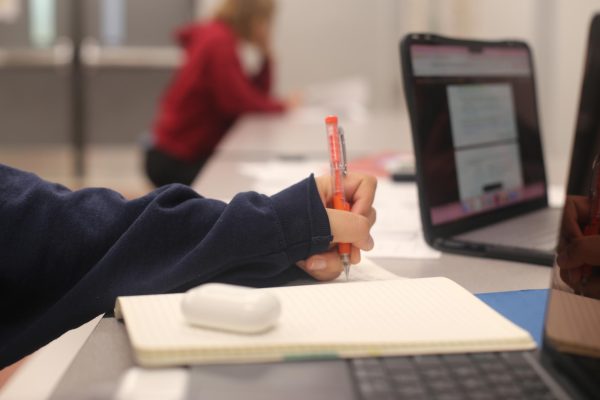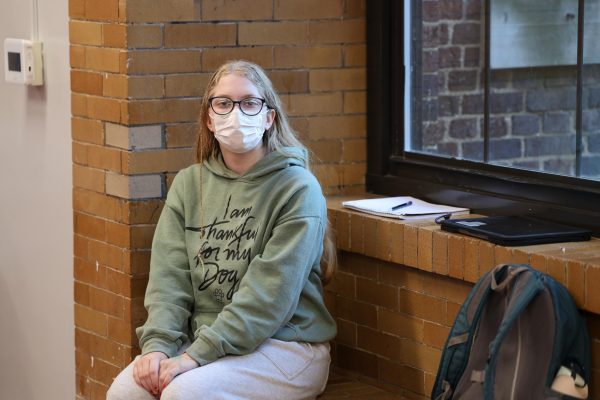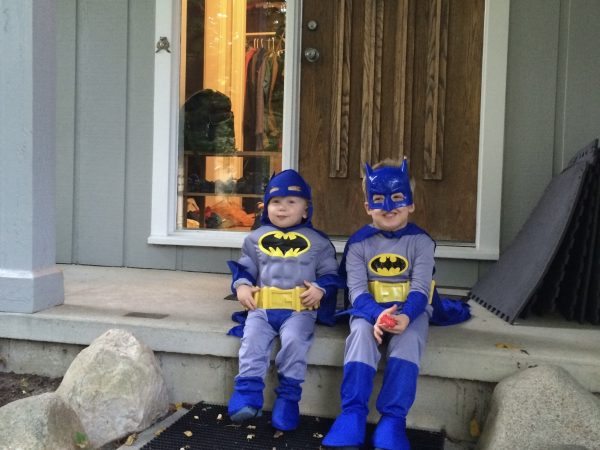Delta’s ‘Booksmart’ censorship matters
In critically-acclaimed film ‘Booksmart,’ Kaitlyn Dever’s character’s journey comes after acceptance. She’s a teenage lesbian who has embraced her identity; instead of discovering her sexuality, the audience joins her in navigating the experiences and heartbreaks that succeed that discovery. Her first sexual experiences are perfectly unpolished; they’re integral to her character development, and serve as a refreshing snapshot of a beautifully confusing queer adolescence.
Delta Airlines passengers never got to see them.
It came to light that the edited version the airline ran censored all of Dever’s character’s kissing and sex scenes, as well as a scene discussing female masturbation, a scene of the two female leads watching porn, a reference to ‘scissoring,’ and the words ‘lesbian,’ and ‘vagina.’
Notably kept in were all sexual scenes between heterosexual characters, and all other uses of profanity.
As director Olivia Wilde and actor Beanie Feldstein responded to the censorship on Twitter, Delta rushed to explain that they hire a third-party company to provide an edited version of films they run on their flights. If Delta deems any element of the film to violate their guidelines, they run the edited version. What they found in ‘Booksmart’ that violated their guidelines was not specified. But barring queer female sexuality from their films isn’t a one-time thing for Delta. In 2015, they took out all scenes of leads in ‘Carol’ kissing, a movie centering around a love affair between two women. This is a huge problem.
LGBTQ+ women — especially adolescent ones — are already thirsting for respectful representation in film. Having such drastic edits made to movies designed to satisfy that thirst is not only disheartening, but damaging. For one, media is saturated with oversexualized, unrealistic and graphic depictions of lesbian sex. The scene cut from Booksmart was beautifully true-to-life; its realism was one of the things fans appreciated most about the film, and is working as a model for properly done lesbian sex scenes for future films. This irresponsible editing sends a message to filmmakers that respect doesn’t sell, and that misrepresentation does.
Perhaps most importantly, to edit out the words ‘lesbian,’ and ‘masturbation,’ and scenes showing two women having sex is to imply that those words and actions are dirty, wrong, vulgar. This censorship of both female and queer sexuality, especially impacting such a broad potential audience, is ridiculous and incredibly damaging. We need to be normalizing things like female masturbation and wlw relationships in our culture, not stigmatizing them further by removing them from movies whose plots hinge on them.
Delta tried to remedy their mistake, restoring the unedited version of the film on their flights. And that’s the appropriate response — in part. But this incident needs to inspire people to be having conversations. Why would an editing company feel the need to censor the word ‘lesbian’ and not ‘fuck’? Why is male masturbation in movies so accepted, even a punchline in many cases, while female masturbation is barred from films?
This is an opportunity for people in the film industry to question themselves, and learn. After all, what Booksmart did — and how the internet rallied around them in the face of a major corporation — tells us one thing clearly. While certain corporate higher-ups might not want stories of female queer sexuality being told, audiences do.
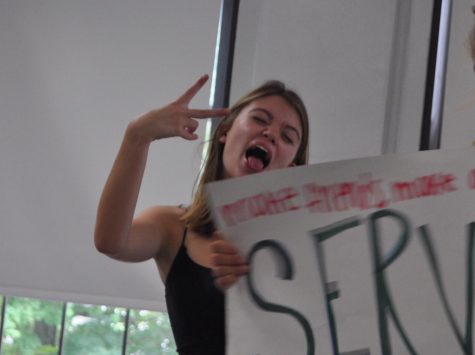
Paige Duff is a senior in her fourth year on Communicator staff, and one of three wonderful Web Editor-In-Chiefs. Her greatest skill is the ability to spin any fortune cookie slip, horoscope, or Magic 8-ball answer in a positive way. Paige loves the planet with her whole heart, and most of the people on it. She also loves car-singing and car-dancing — she does not love car-driving. She's looking forward to a magical year!



